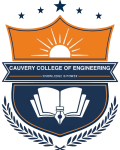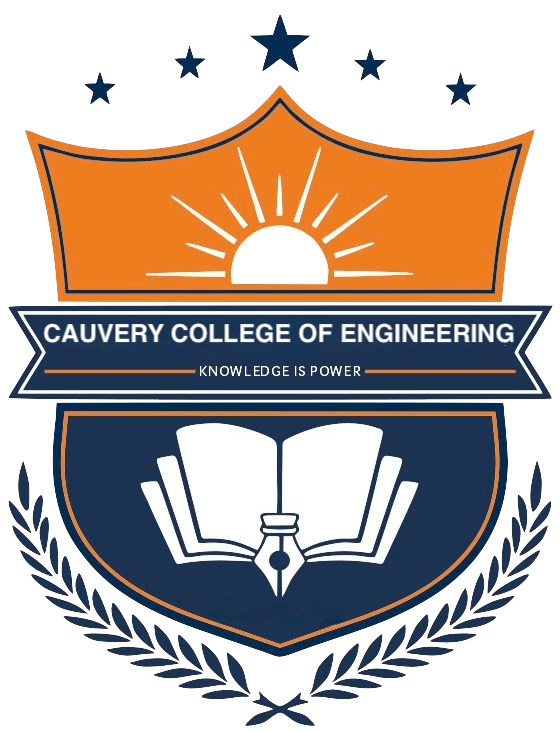Electronics and Communication Engineering
- Home
- »
- Electronics and Communication Engineering (ECE)
Program Overview
The B.E in Electronics and Communication Engineering (ECE) at Cauvery College of Engineering equips students with the skills to design and develop cutting-edge electronics and communication systems. This program covers core areas like embedded systems, signal processing, and telecommunications, preparing students for roles in industries like IoT, telecommunications, and automation. Aligned with VTU guidelines and NEP 2020, our curriculum emphasizes practical learning through industry partnerships, ensuring students are ready to innovate in a technology-driven world.
Program Highlights
- Focus on emerging technologies like IoT, 5G, and embedded systems.
- Dedicated ECE lab with tools for circuit design, signal processing, and communication systems.
- Workshops on VLSI design and IoT applications by industry experts.
60 Seats
Candidates must have passed the PUC/10+2 examination with Physics and Mathematics as compulsory subjects, along with one of the following: Chemistry, Biotechnology, Biology, Computer Science, Electronics, or a Technical Vocational subject. A minimum of 45% marks (40% for SC/ST & OBC candidates) in the above subjects combined is required, from a board recognized by the State Government, Central Government, Union Territories, or an equivalent qualification. Admissions are through KCET, COMEDK UGET, or JEE Main.
Internships
Our internships offer hands-on experience in electronics and communication, with opportunities to work on projects involving circuit design, IoT applications, or telecom systems at leading organizations, academic institutes, or R&D labs. Our partnerships with industry leaders provide students with access to modern tools and mentorship.
Projects
Students engage in hands-on tasks across semesters, focusing on practical applications like designing circuits or developing communication systems, reinforcing theoretical concepts. The final-year Major Project involves advanced topics such as IoT-based solutions, 5G technologies, or embedded systems, often in collaboration with industry to ensure practical relevance.
Career Prospects
Graduates can become Embedded Systems Engineers, Telecom Engineers, VLSI Designers, or IoT Specialists in companies like Qualcomm, Nokia, and Bosch. The program also prepares students for research roles or advanced studies in electronics and communication.

